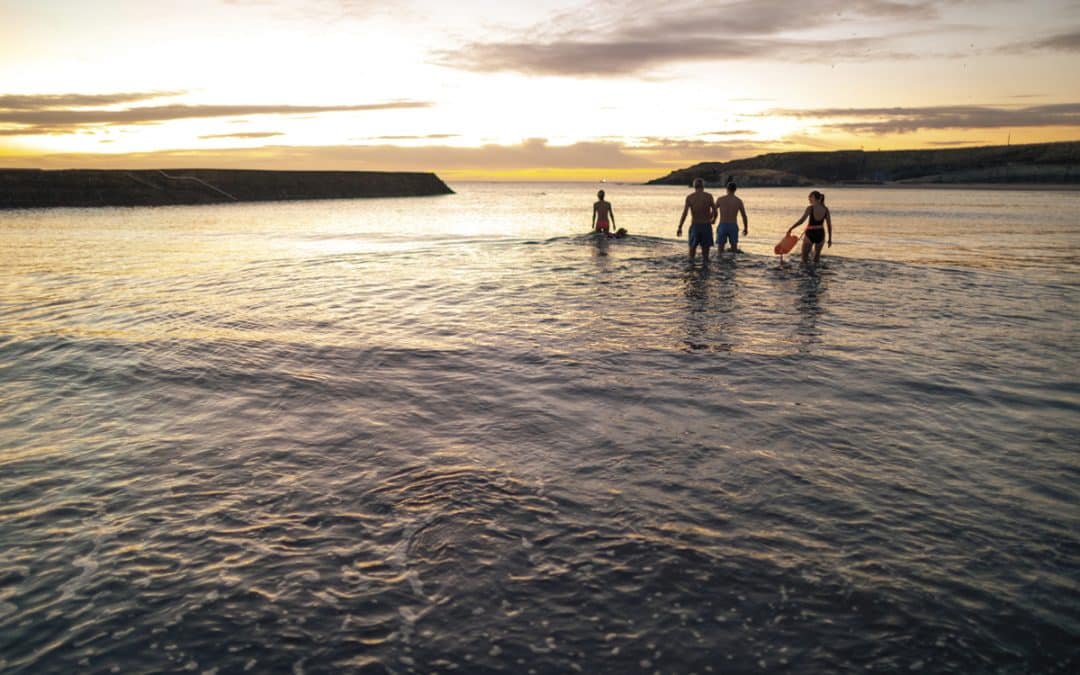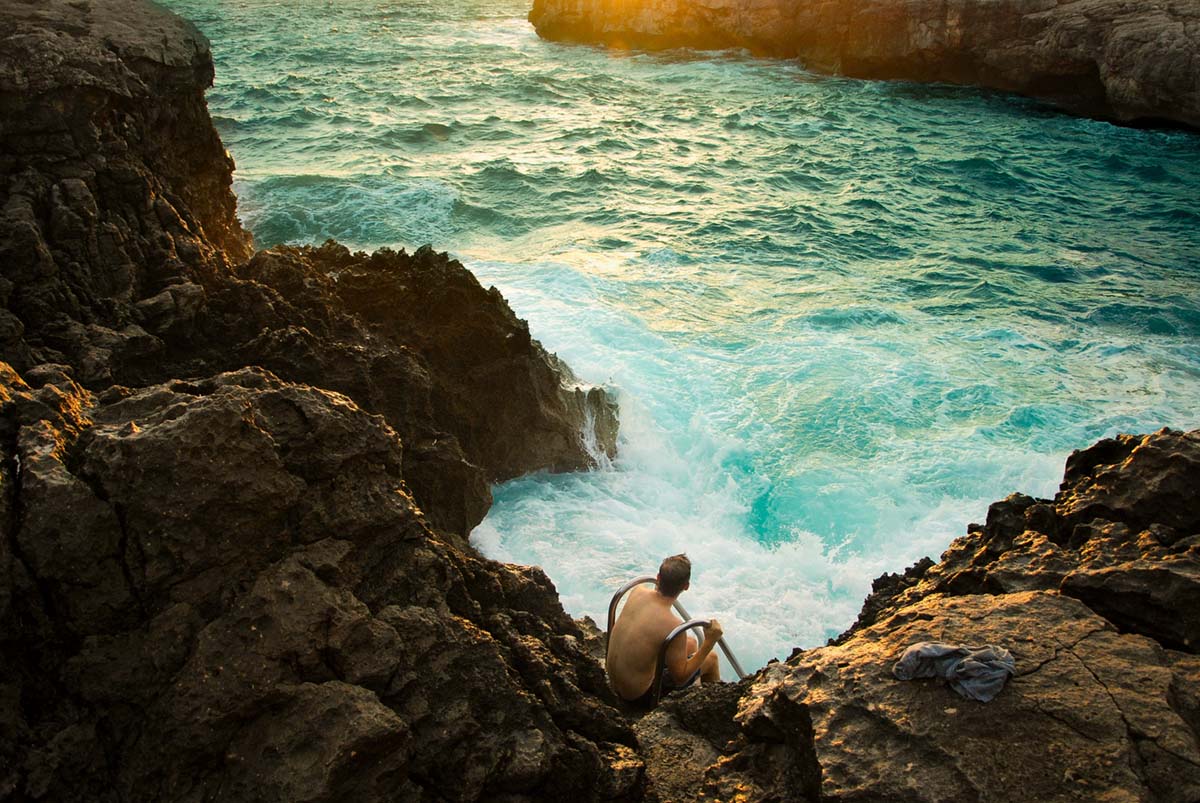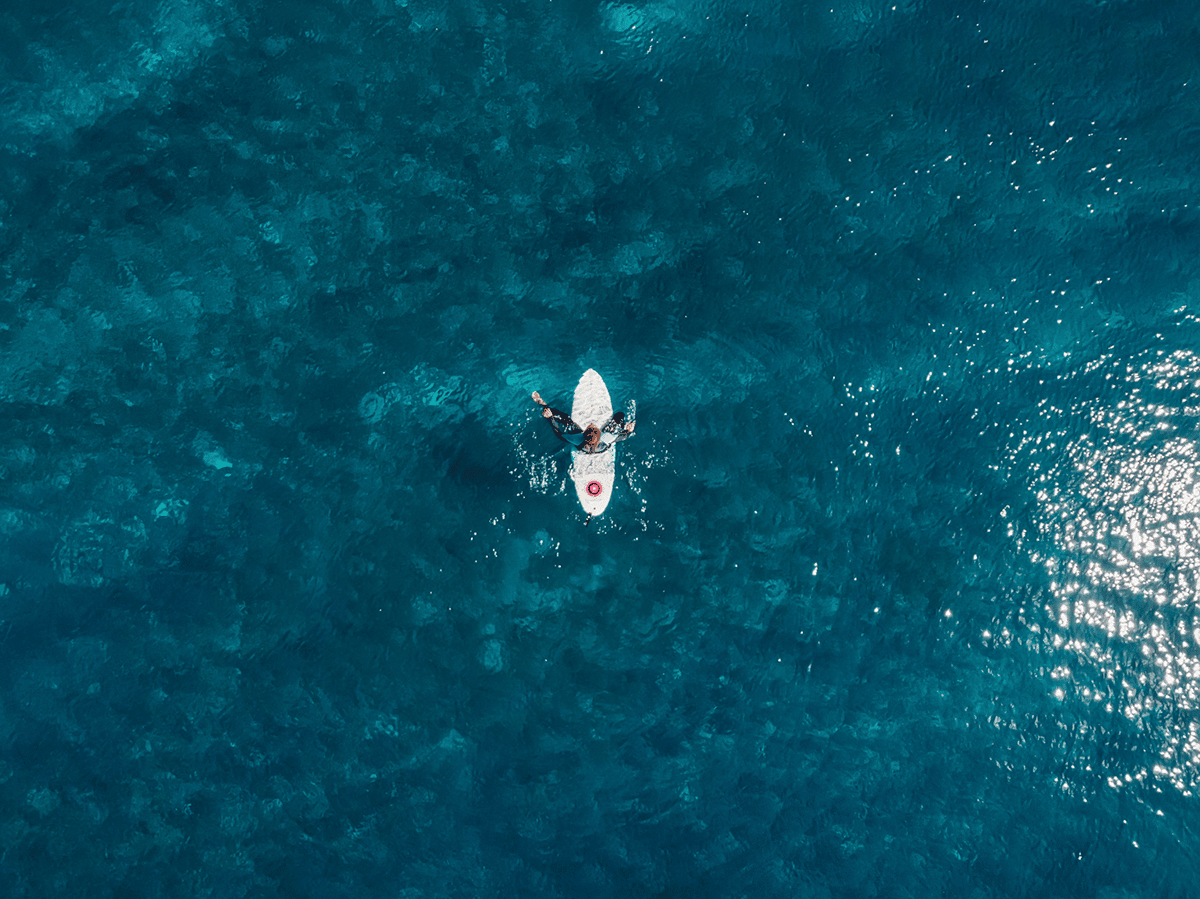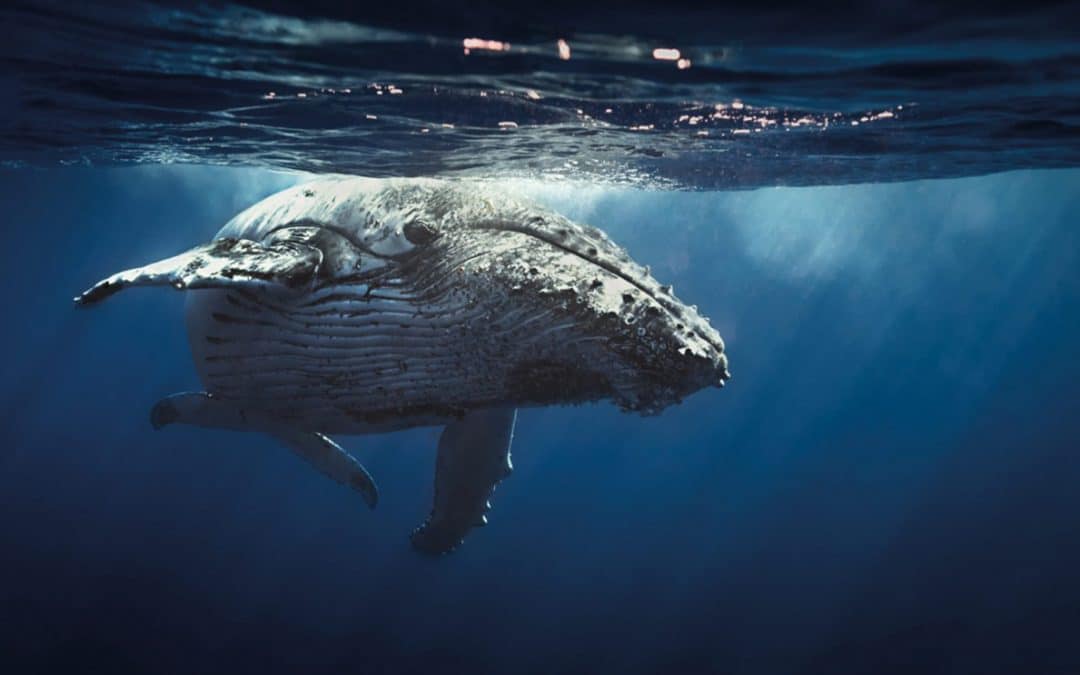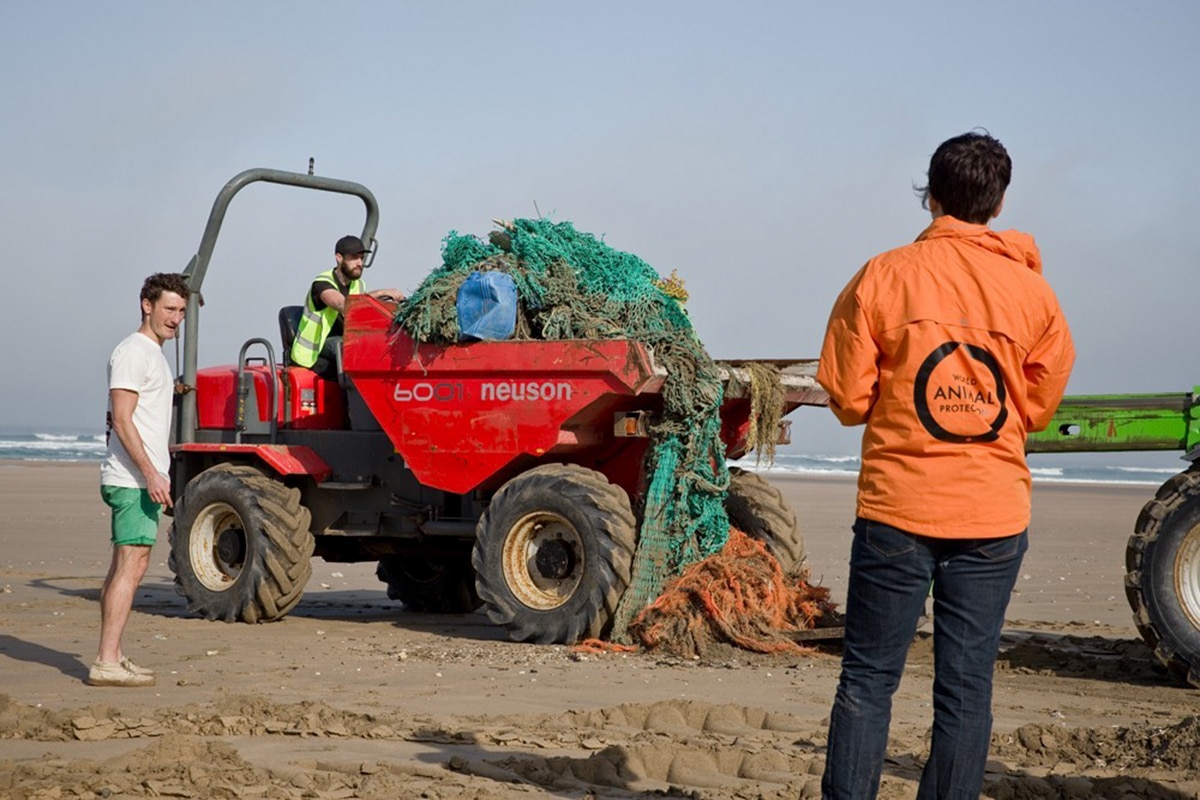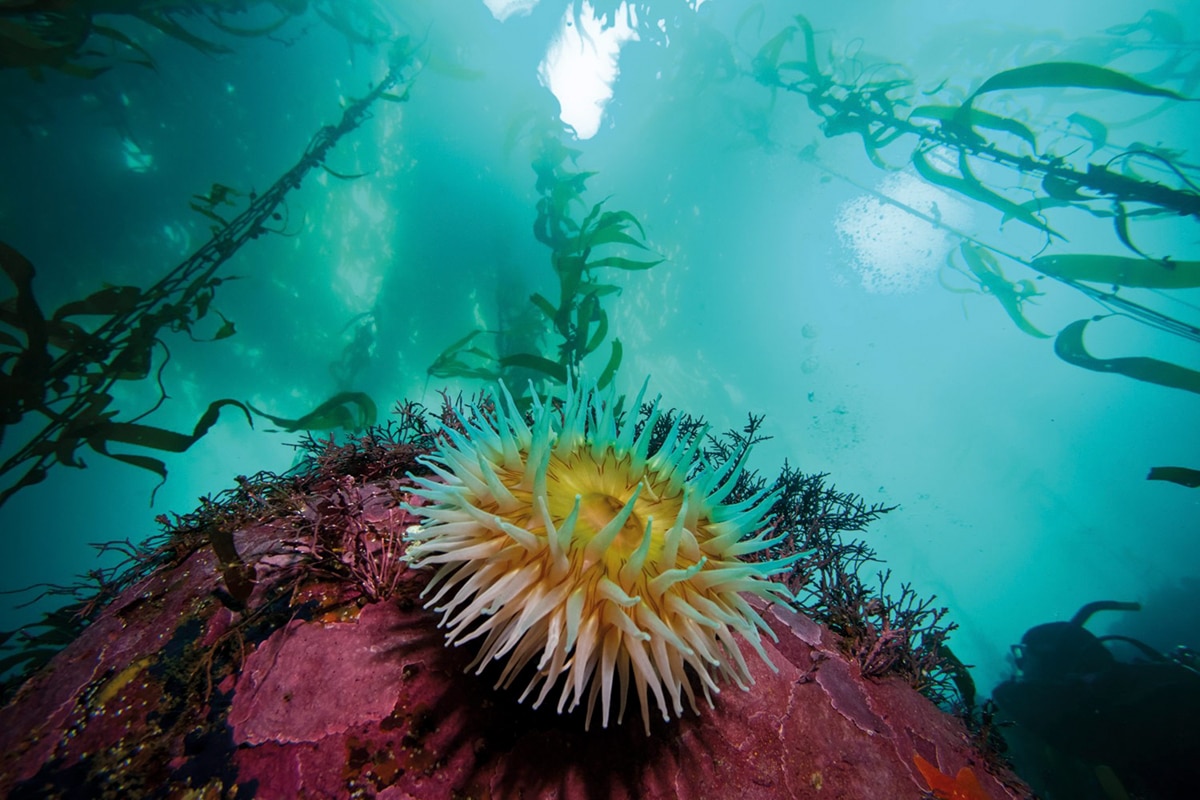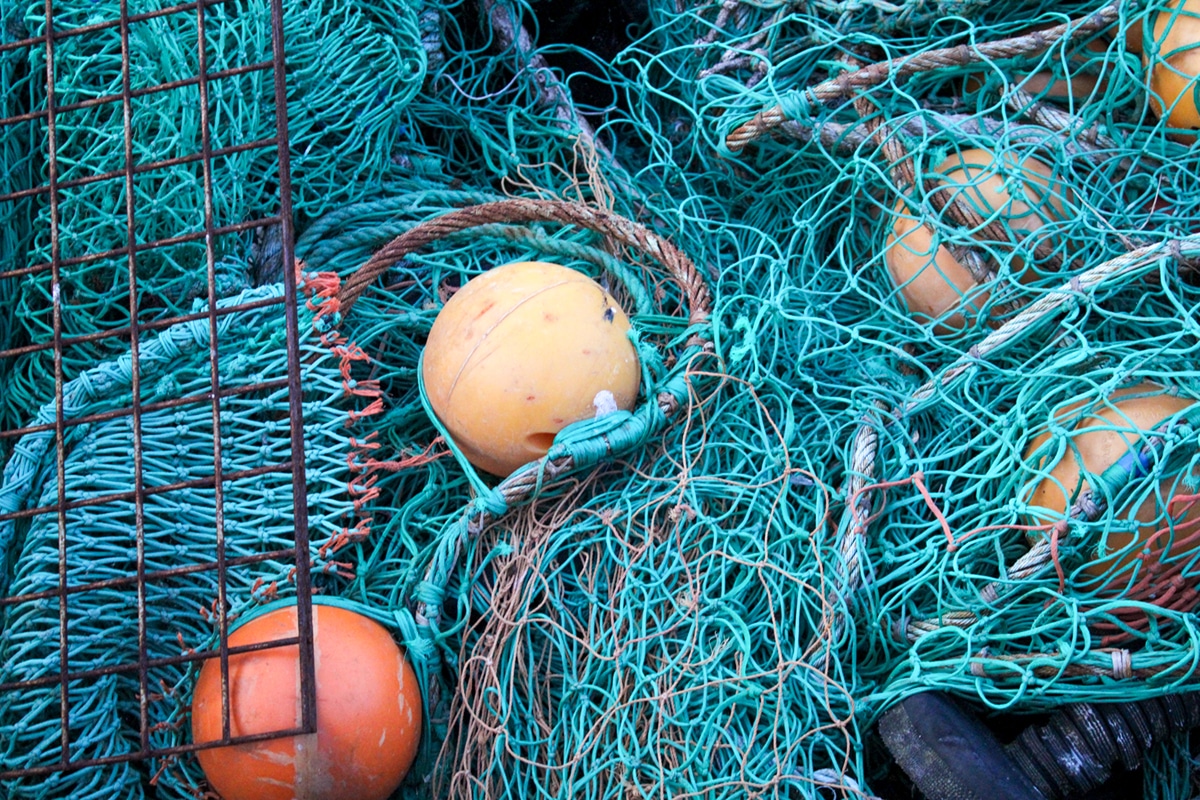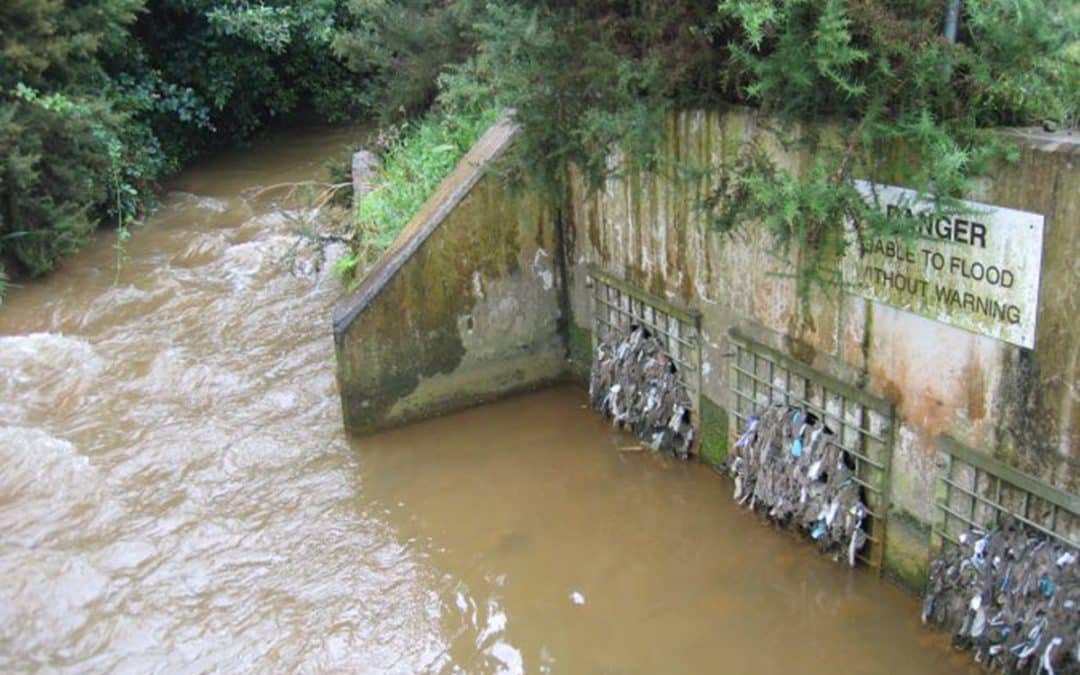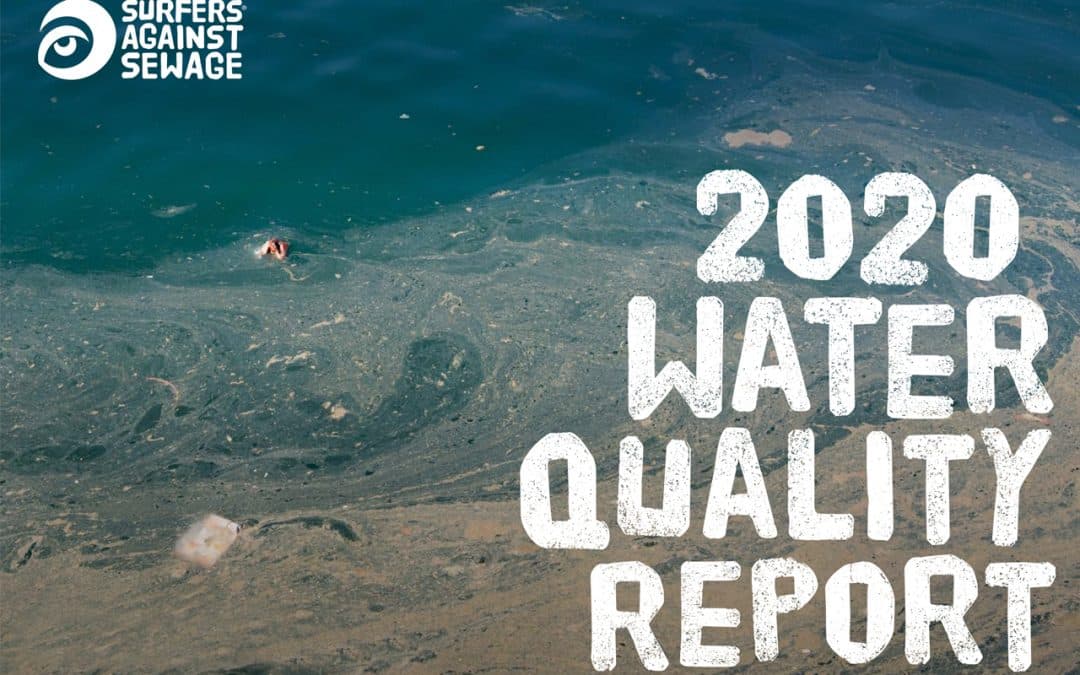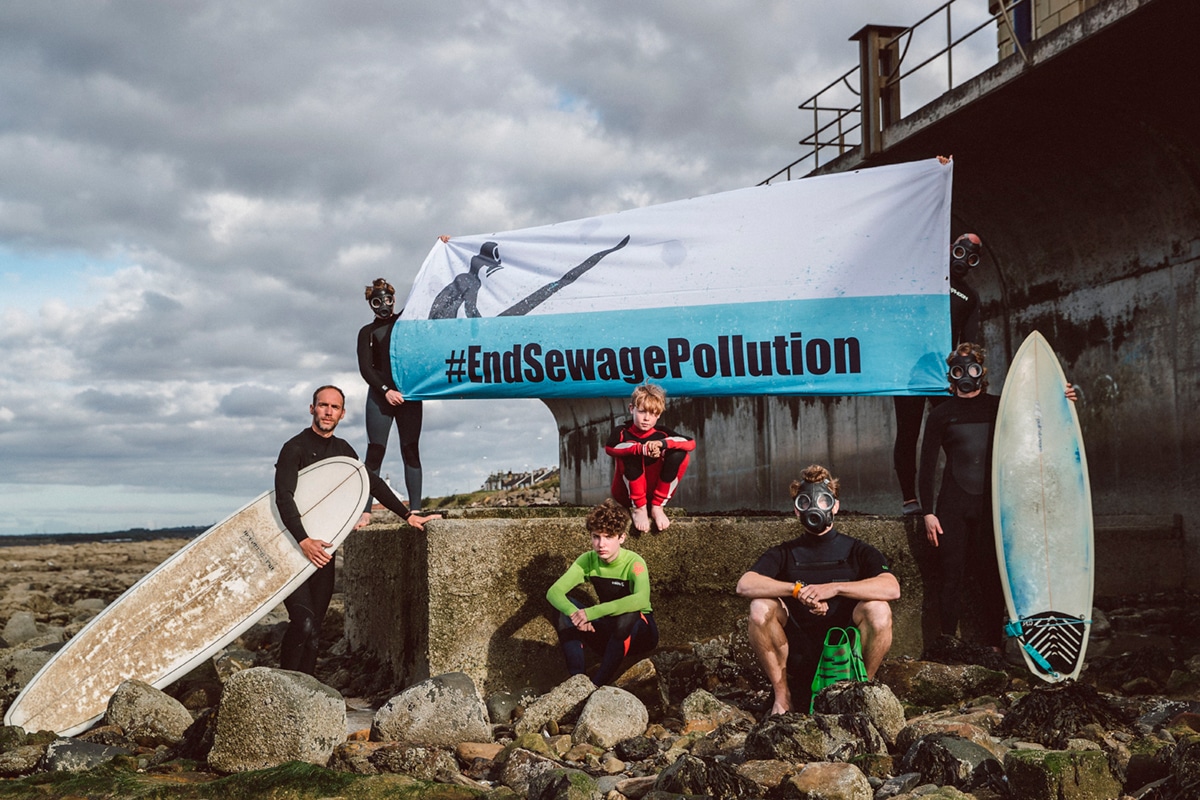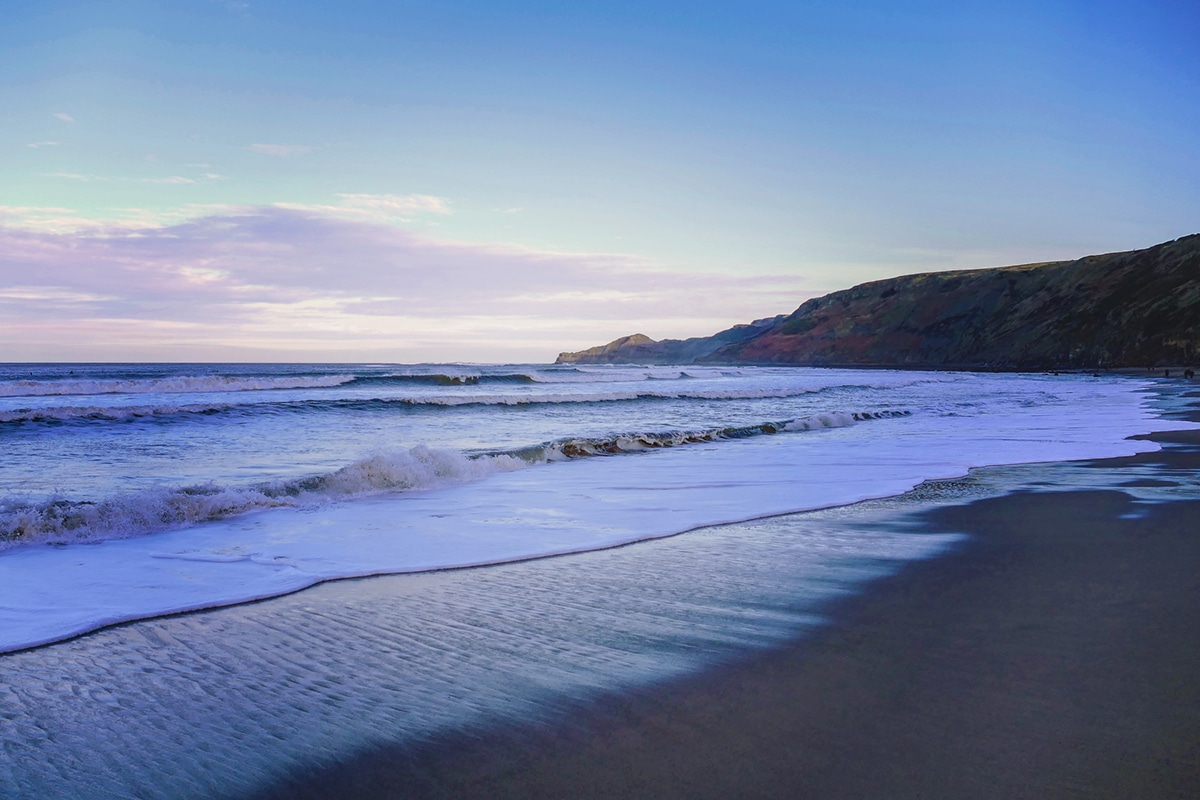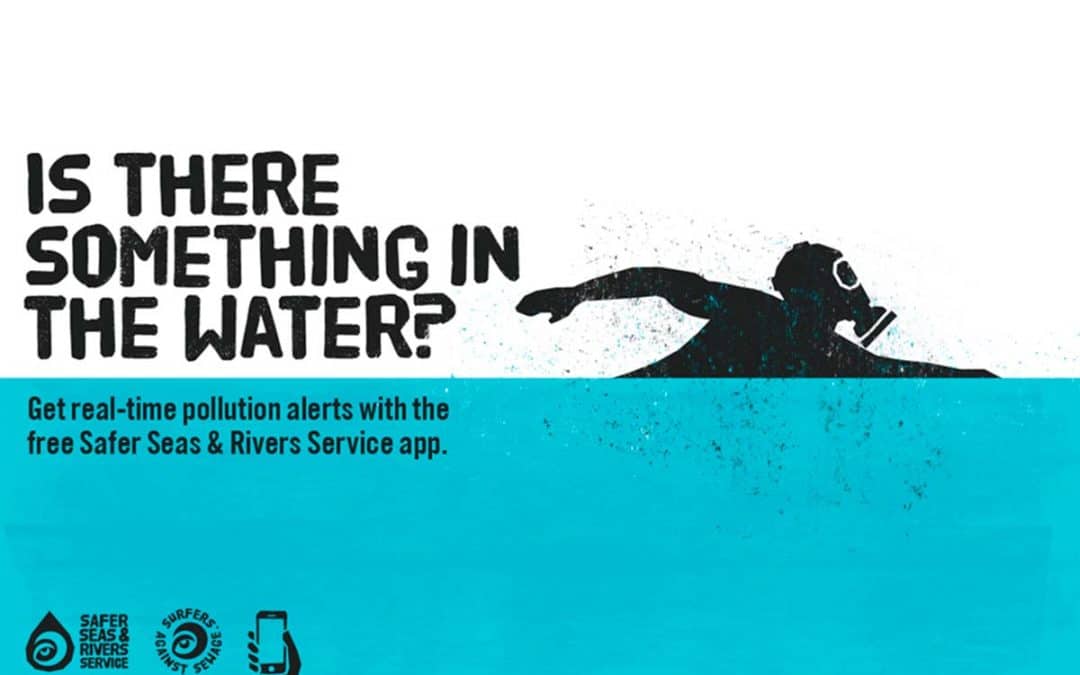
Safer Seas & Rivers Service
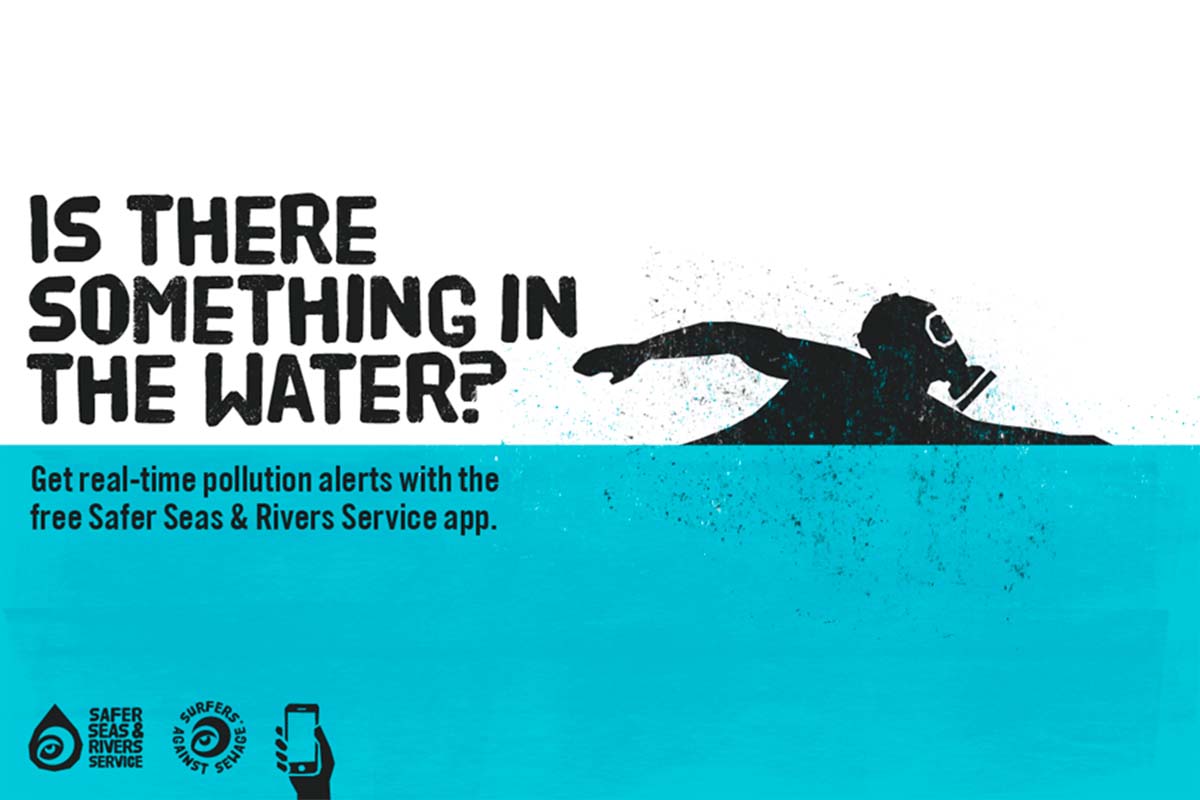
This week, us Brits will be indulging in two of our greatest pleasures. Bank holidays and trips to the water’s edge.
But did you know that over half of us, the great British public, are scared of swimming outside because we’re unsure if the water is clean or polluted?
Hmm… Some amazing organisation really should create a solution to this issue. Perhaps in the form of a free mobile app 🤔 🤔 🤔
Yes, today, ahead of the Bank Holiday weekend, we have launched our updated Safer Seas & Rivers Service app with a ‘Poo Watch’ stunt on Jubilee Beach, Southend. And we’ve also published new research which shows just how much the #SewageScandal is affecting our water use.
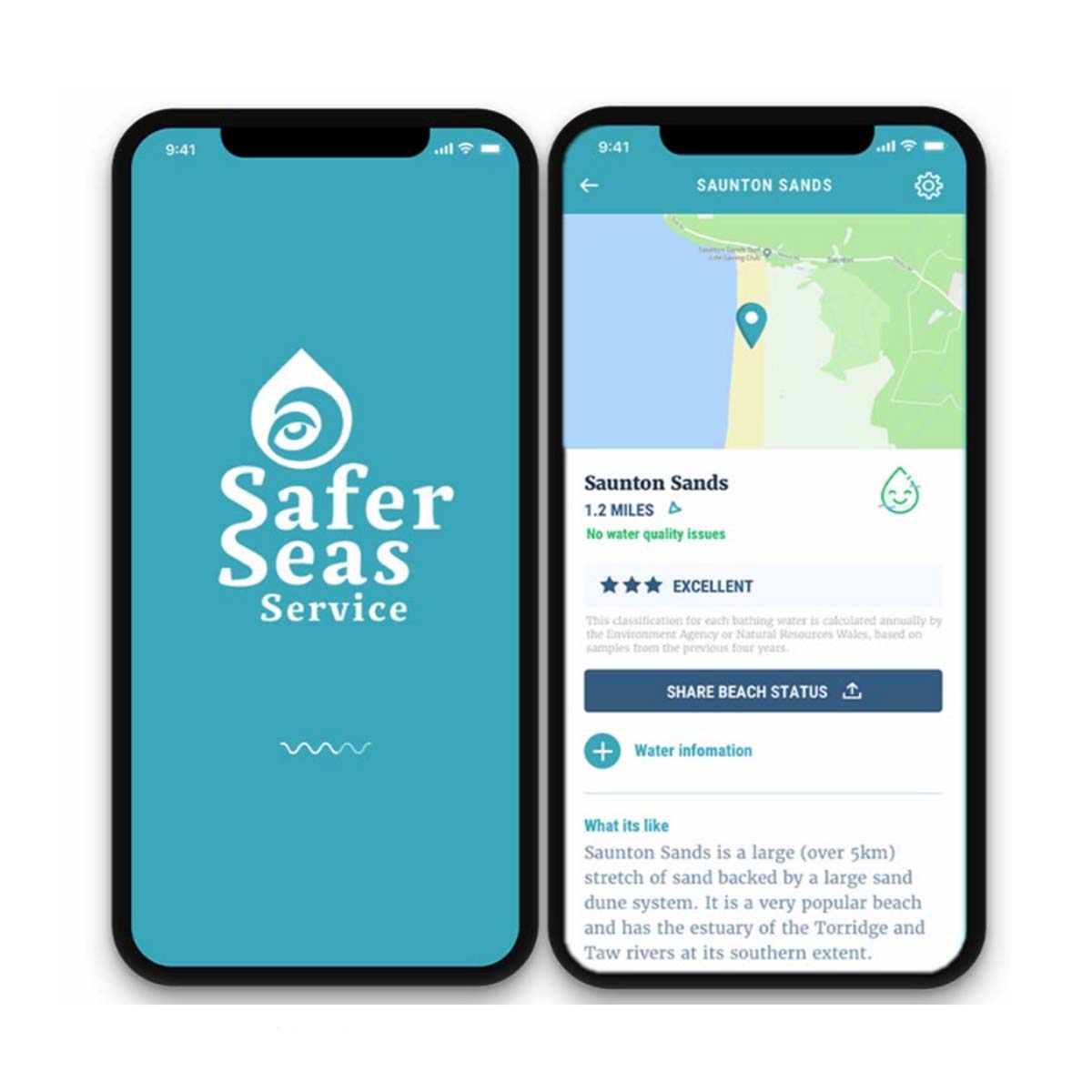
Remind me, what is the Safer Seas & Rivers Service (SSRS)?
Simply put, the SSRS is a vital and free public health information service, providing real-time water pollution alerts straight to a user’s phone. Why? To help beach goers make an informed decision on how, when and where to use the UK’s beautiful beaches and rivers to avoid any potentially harmful pollution coming from sewer overflows and farming run-off.
That sounds great! Does it do anything else?
Funny you should ask… Yes, through the free app you can:
submit evidence of sewage pollution – an essential step in holding big polluters responsible;
submit health reports to us – water companies put our health at risk every time they discharge raw sewage, help us fight back by sharing your story;
email your MP and your water company CEO at the click of a button to demand they #EndSewagePollution.
I really should have this. How do I download it?
It’s simple. Either search for Safer Seas & Rivers Service on your mobile app store or click the button below.

